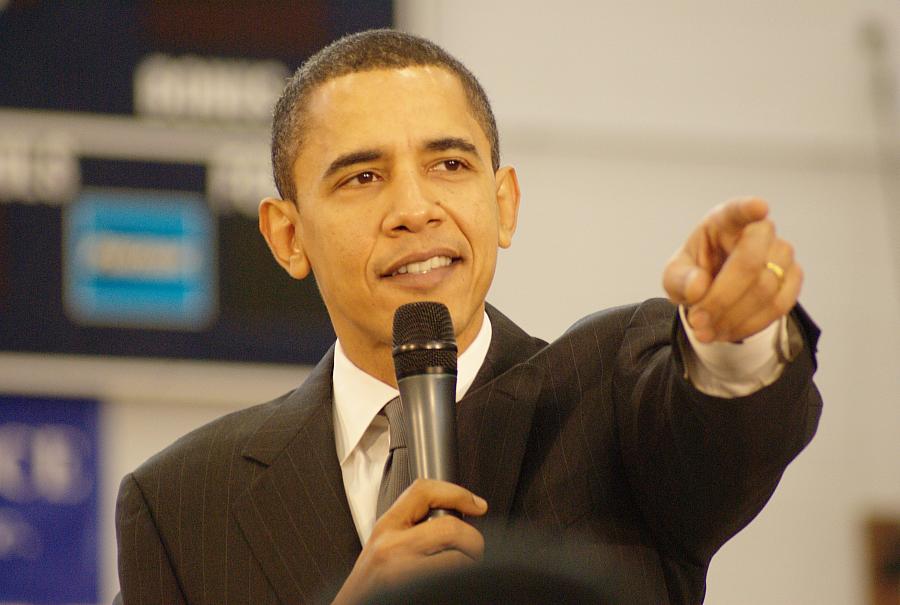Is it even possible to seem unbiased when mentioning politics?

Is it even possible anymore to seem unbiased when reporting on politics or the workings of government? As hard as I try sometimes, there's always someone who thinks I'm taking a particular side.
The latest example came today in a story I wrote for InformationWeek about the Obama administration's new White House Rural Council. Created by executive order last week, the council "will focus on actions to better coordinate and streamline federal program efforts in rural America, and to better leverage federal investments," according to USDA Secretary Tom Vilsack, chair of the council.
That's obviously the Obama administration's line. Yet within a couple of hours of the story being posted, someone offered this comment:
Okay, let me see if I got the right? The government is spending more money than ever before, the economy is lagging, and a recession is hanging over our heads and won't go away. What would the most intelligent man in the world do about this? Spend more money to take better heathcare to rural areas. Wow, were is the logic is this? This whole thing smells fishy, it doesn't pass the smell test to me.
Thanks for the ‘I love Obama' speech buddy, but I ain't buyin' it. Let's see how many do come November.
Huh? How is a news story an "I love Obama" speech? All I did was report what the administration said, and included a short, unspecific comment from one of the few interest groups, the National Rural Health Association, that has said anything at all related to the healthcare aspects of this executive order. I don't see any editorializing there.
Take issue with the administration's plan all you want, though at least get your facts right. The White House has been pretty vague about the council to this point, but nobody has said anything about spending more money beyond what's already been allocated for other programs. But don't call a straightforward, fairly bare-bones news story an "‘I love Obama' speech."
I think it's fair to say that some news organizations are thinly veiled cheering sections for certain political viewpoints. InformationWeek is not one of them. Has our political culture become so poisoned that it's impossible to come off as objective anymore?
This was originally posted on MeaningfulHITNews.com
Editor's note: Check out Neil Versel's great tips for covering electronic health records.
Photo credit: Marc Nozell via Wikimedia Commons

